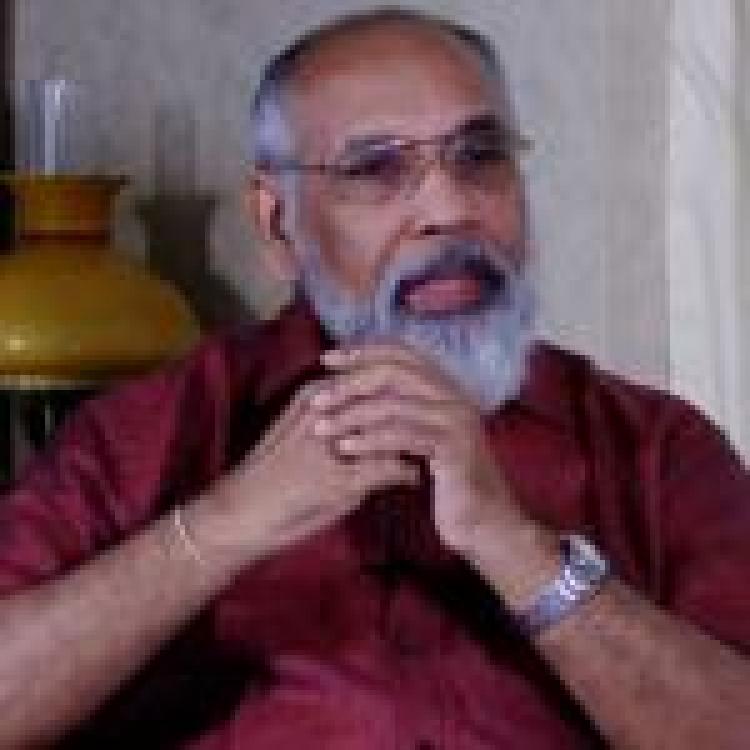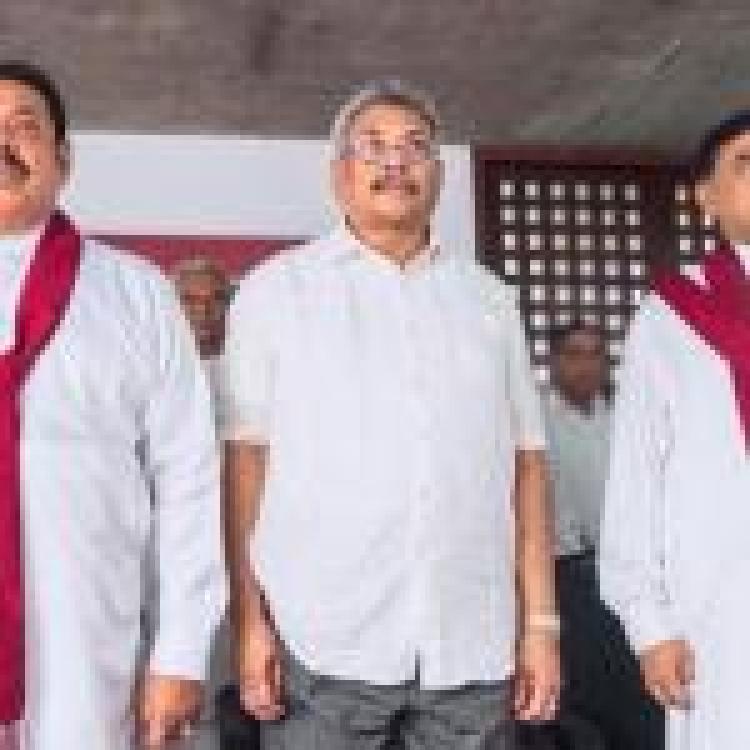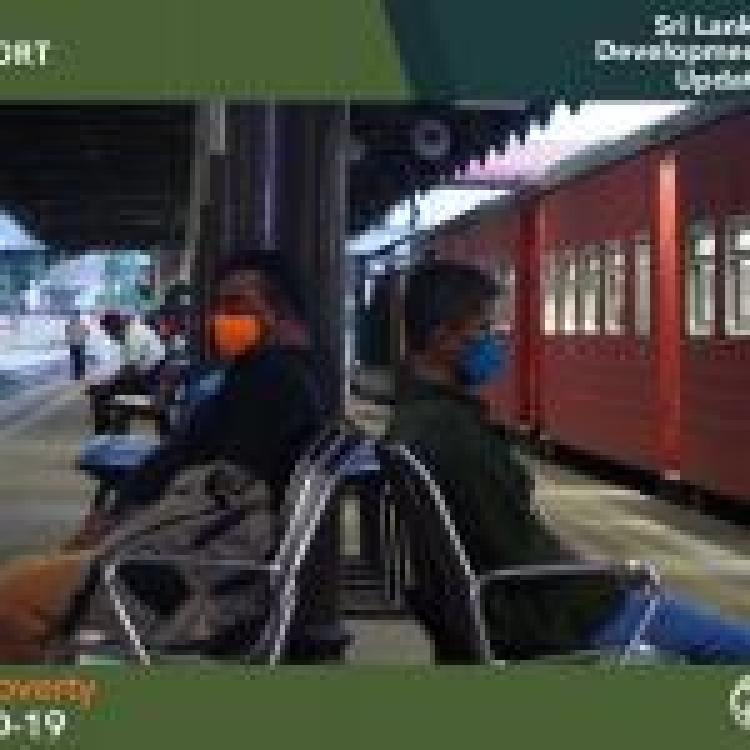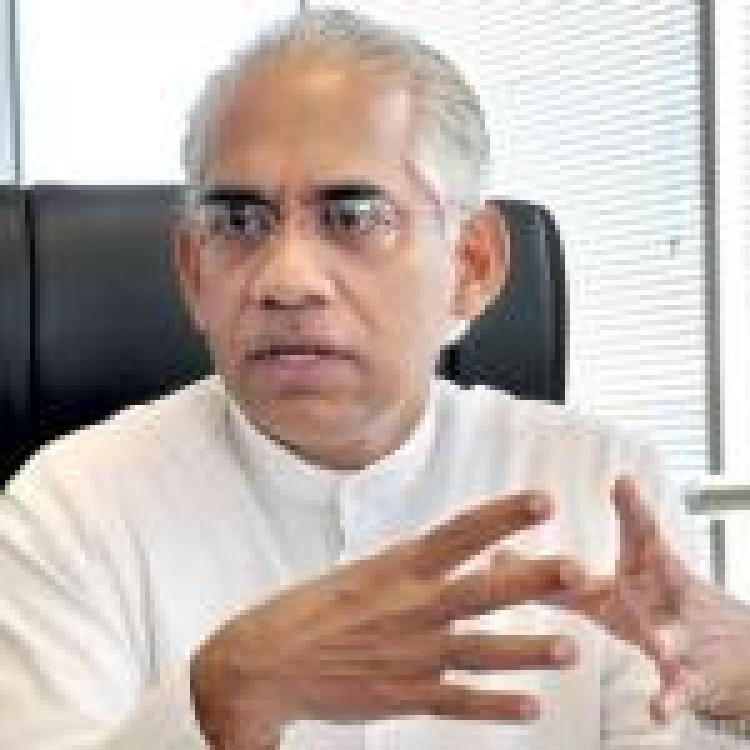
In his first speech to parliament, Sri Lankan finance minister, Basil Rajapaksa, admitted that coutry was facing a foreign exchange crisis and had lost an estimated Rs. 1.6 trillion in revenue across the pandemic, but maintained that the country would not borrow from institutions which would “attach conditions that impact the country’s sovereignty”.
Turning to the World Bank
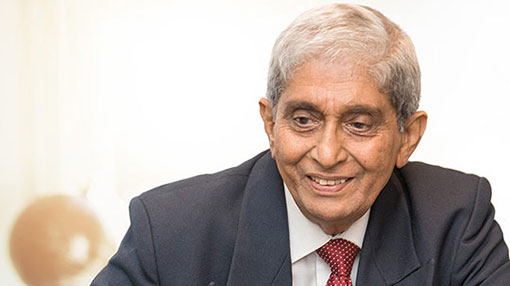
In the speech the minister claimed that Sri Lanka was open to accepting loans from the “World Bank, Asian Development Bank or other lending institutions”. The inclusion of the US-backed World Bank follows great reluctance with the country turning first to China and Bangladesh for financial assistance.
At the start of this year, Sri Lanka’s Central Bank Governor, Weligamage Don Lakshman, rejected the possibility of turning to the IMF for support. IMF’s prescriptions which include fiscal consolidation and removing caps on borrowing costs would undermine Sri Lanka’s sovereignty.
The statement also comes in advance of the European Union’s review of its favourable trading agreement with Sri Lanka, the GSP+, which is set to be reviewed in November. In June, European Parliament passed a resolution condemning the deterioration of human rights in Sri Lanka and noting the continued use of Sri Lanka’s draconian Prevention of Terrorism Act (PTA). The European Union has stressed that continuation of this scheme is “conditional to the implementation of 27 international conventions related to human and labour rights, as well as the environment and good governance”.
Sri Lanka’s economic record
During his speech, Rajapaksa noted the country’s plummeting revenue which he estimates to be around Rs. 1,500-1,600 billion. In explaining this demise he claims that whilst the country’s expenditures were continuing to increase, as public sectors were still needing to be paid during the pandemic, the government’s revenues have fallen.
He points to reduced revenue in Customs, Excise and the Inland Revenue as well as indirect taxes but fails to comment on government’s tax cuts which further reduced tax revenues by a quarter.
“Whether we like it or not, the reality is that the bulk of tax money from taxes such as VAT comes from indirect taxes. During the lockdown, 75-80% of VAT revenue is lost per day”, he stated.
Endemic Corruption
Rajapaksa goes on to criticise years of “ waste, corruption and unnecessary expenditure” and claims that they are making a “sincere effort to address these issues”.
Critics of the regime highlight Basil Rajapaksa’s own record of corruption and embezzlement. A 2007 leaked US embassy cable noted that Basil “worked for the Ministry of Mahaweli Development, where he earned the nickname "Mr. Ten Percent" for demanding a ten percent commission on every project”. “Embassy contacts say Basil has no close advisors and more enemies than friends in Sri Lanka because he makes a habit of trying to "buy people”,” the cable added, noting that at the time “Basil continues to be accused of significant corruption in his current position”.
The government has recently passed a controversial “tax amnesty bill” which critics claim will legitimise fraud.
Read more here: Sri Lanka’s set to debate controversial tax amnesty bill
Import restrictions
In his speech, Rajapaksa further claimed that the government’s goal was to “make the country debt free” and in doing so would restrict imports to only “essential needs and only for projects that have a return”.
Yesterday Sri Lanka’s Central Bank issued an order preventing banks from issuing letters of credit on 623 items, from chocolates to lipstick; effectively expanding the country’s existing import ban. Other items banned include turmeric, a vital ingredient in Tamil and Sinhalese cooking, which has led to an increase in smuggling and has seen prices skyrocket.
This comes as Sri Lanka faces a food shortage and the country has seen basic food items soar in price.
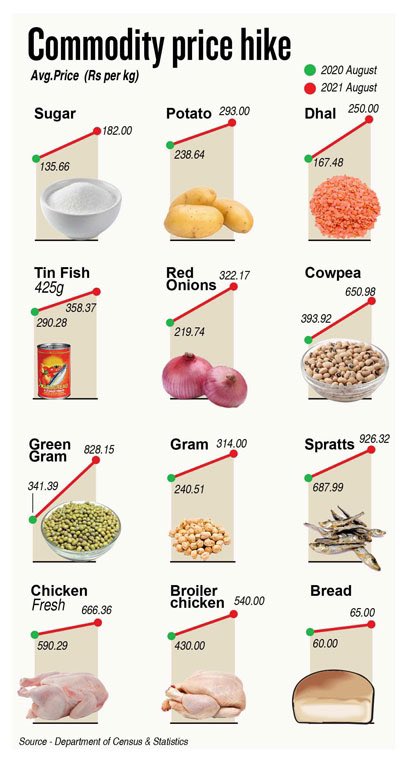
Image courtesy of Sunday Times
Read more here.

